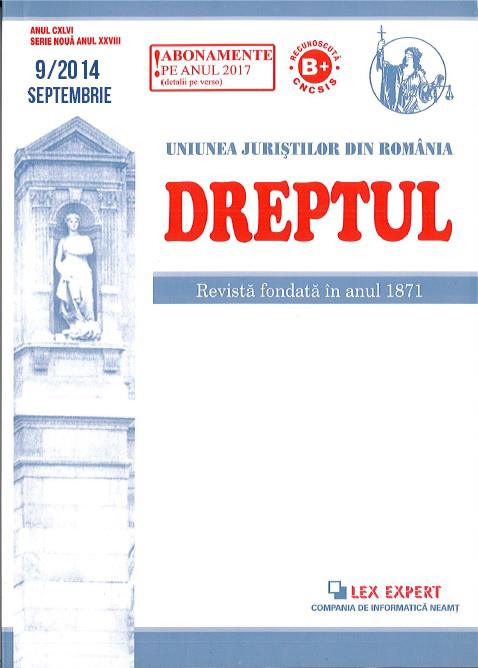The practice of the constitutional jurisdiction court points out that the exercise of the constitutionality control does not lead only to the ruling of some simple solutions, by which the criticized text or texts of the law are found to be or not in compliance with the rules of the Fundamental Law. The complexity of this control, in close connection with the growing complexity of the regulations, but also with the desideratum of legal security, which must be equally considered in exercising the constitutionality control, makes that the solutions of the Constitutional Court be also expressed in different forms. This study makes an analysis of the decisions of the Constitutional Court pertaining to the category circumstantiated by the term „interpretative decisions”, in order to emphasize their importance and their role in the process of constitutionalization of law. Certainly, the achievement of constitutionality control involves, in itself, a process of interpretation and comparison of the constitutional rules and, respectively, of the infraconstitutional ones. Within the interpretative decisions, however, this comparative examination has a greater complexity, constituting an emphasis of more possible interpretations and the identification of the one which complies with the provisions of the Constitution. Such an analysis also raises for discussion the role of the Constitutional Court in the process of interpretation of the legal infraconstitutional rules, an interpretation facilitated by the provisions of the Fundamental Law, its basis and the limits of the jurisdiction of the Court.


